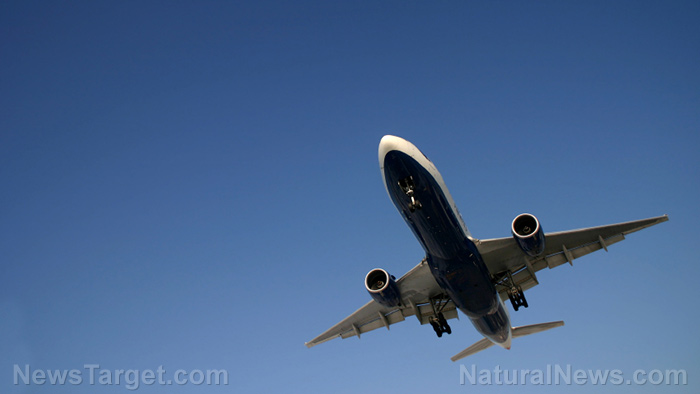
Working groups in multiple federal agencies are coordinating to develop a pandemic plan for international travel. This is part of the White House's push to reopen travel and boost business for airlines and the country's ailing tourism industry.
But the federal government does not want to reopen international travel and lift COVID-19 restrictions at the same time because of the dangers posed by the post-vaccine delta variant of the coronavirus. The latter has led to a jump in cases and hospitalizations among fully vaccinated individuals.
The variant is still spreading in the U.S. and other heavily vaccinated countries around the world, making developing a plan for consistent and safe international travel difficult.
Industry groups lobby the government to loosen restrictions on international travel
The interagency working group is working "to have a new system ready for when we can reopen travel," said one White House official to Reuters.
He added that the proposal of the working group includes a phased approach to reopening the border "that over time will mean, with limited exceptions, that foreign nationals traveling to the United States – from all countries – need to be fully vaccinated."
Airlines and other relevant business groups have been lobbying the White House for months for a plan to allow international travel to return in levels not seen since before the pandemic.
To this end, these groups have been holding discussions with the White House regarding how a vaccination plan for foreign travelers can be implemented.
The federal government is also working on answering other questions about the vaccination policy.
There are currently no details regarding how vaccination status can be verified. It is also not clear if the country will accept vaccines developed overseas that have not been approved for use in the U.S. by drug regulators.
One of the vaccines that may not be considered is the one developed by Oxford University and British-Swedish pharmaceutical company AstraZeneca. The company has not yet applied for authorization from the Food and Drug Administration for its COVID-19 vaccine.
The interagency discussions previously focused on figuring out how to make sure all foreign visitors arriving by air are fully vaccinated or can get vaccinated immediately upon arrival. The White House did not answer whether similar plans are being developed for visitors arriving from across land border crossings in Mexico and Canada.
Currently, only essential workers like truck drivers and nurses are allowed to cross into the U.S. by land. (Related: Here it comes: If you want to board a plane or travel internationally, you're going to have to have a COVID "vaccine passport.")
Travel restrictions likely to remain in place for months
The country currently bars most non-U.S. citizens who have been to the United Kingdom, Ireland, mainland nations of the European Union, South Africa, Iran, India, China or Brazil within the last 14 days.
The first travel ban to be instituted was against China in Jan. 2020. The latest was against India in May of this year. It is unclear when any of the travel bans will be relaxed to allow for nonessential international travel.
Many critics of the travel restrictions believe they no longer make sense. They point out how many of the countries the U.S. currently has travel bans against already have their post-vaccine outbreaks under control. Meanwhile, many other countries not on the restricted list have uncontrollable coronavirus outbreaks.
The White House maintained that it is "united in wanting to reopen international travel in a safe and sustainable manner." But its actions do not prove this statement, and industry groups are worried that it will take months before the travel restrictions are lifted.
The official interviewed by Reuters said "the United States will maintain existing travel restrictions at this point" due to the prevalence of the post-vaccine delta variant. It is unlikely restrictions will be lifted while the infections in the U.S. are still increasing.
Learn more about how the post-vaccine COVID-19 outbreaks around the world continue to affect international travel and the tourism industry by reading the latest articles at Pandemic.news.
Sources include:
Please contact us for more information.






















